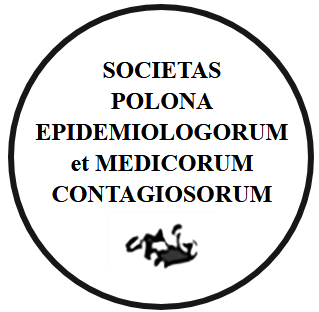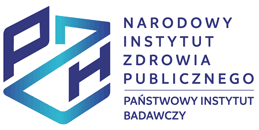ABSTRACT
INTRODUCTION. In Poland, there is a visible strengthening of hesitant attitudes towards vaccination, as well as institutionalization and politicization of hesitancy. The Internet is an important source of information about vaccinations. People who are looking for such information can find negative opinions on the web, so it is important to keep track of the content there. There is no national research on Internet anti-vaccination content.
AIM. To examine posting on the online forum “Nie szczepimy” (We don’t vaccinate).
MATERIAL AND METHODS. The number of new users and new posts in the years 2008-2018 was examined, as well as the type of content and design of the selected 407 posts from 2009-2015. Categories according to Wolfe RM et al. (2002) were used for coding content and design of posts.
RESULTS. The number of users and posts was increasing for the first four years and then started to decrease. The most frequently discussed topic was the relation between vaccination and idiopathic illnesses (26.1%). The most common design was providing links to anti-vaccine sites (29.9%)
CONCLUSIONS. The content of the posts is very diverse and shows numerous users’ doubts. A significant part of the posts had a strongly emotional form. It would be important to regularly monitor various services and forms of communication on the Internet in terms of the content of anti-vaccinaton information.
STRESZCZENIE
WSTĘP. W Polsce widoczne jest umacnianie sceptycznych postaw wobec szczepień, a także instytucjonalizacja i upolitycznienie sceptycyzmu. Internet jest ważnym źródłem informacji o szczepieniach. Osoby, które szukają takich informacji mogą znaleźć w sieci opinie negatywne, dlatego ważne jest śledzenie zawartych tam treści. Nie ma krajowych badań na temat treści w Internecie będących w opozycji wobec szczepień
CEL PRACY. Charakterystyka tzw. postowania (tj. zamieszczania postów, czyli wiadomości) na forum internetowym „Nie szczepimy”.
MATERIAŁ I METODY. Badano liczbę nowych użytkowników i nowych postów na forum w latach lat 2008-2018 oraz rodzaj treści i formy wybranych 407 postów z lat 2009-2015. Do analizy treści i formy zastosowano klucz wg Wolfe RM i wsp. (2002).
WYNIKI. Liczba użytkowników i postów zwiększała się przez pierwsze cztery lata, a następnie malała. Najczęściej poruszaną tematyką był związek szczepień z chorobami idiopatycznymi (26,1%). Najczęstszą formą było podawanie linków do stron antyszczepionkowych (29,9%).
WNIOSKI. Treść postów jest bardzo różnorodna i pokazuje liczne wątpliwości użytkowników. Znaczna część postów miała silnie emocjonalną formę. Ważne byłoby regularne monitorowanie różnych usług i form komunikacji w Internecie pod kątem zawartości informacji antyszczepionkwoych.
You can change cookies settings in your browser. Restricted use of cookies in the browser configuration may affect some functionalities of the website.





